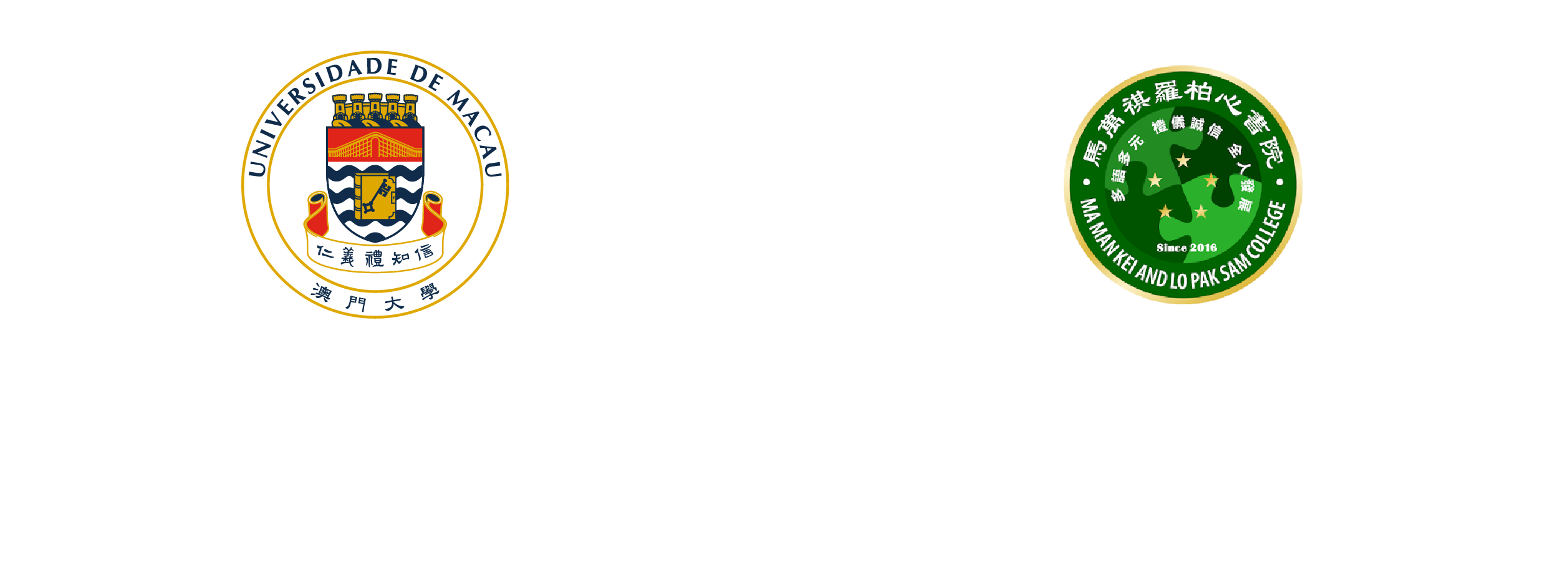To foster stronger connections between students of Sichuan, Macau and Hong Kong and deepen their understanding of China, Dr. Gary Fung, Associate Master of Ma Man Kei and Lo Pak College (MLC), led eight students to join the “Cultural Memory Journey – Exploring the Bashu Symbols” study camp in Sichuan from May 27 to June 3, 2024. This event was co-organized by Sichuan University, Hong Kong Polytechnic University, University of Hong Kong, and University of Macau. The study camp is under the “Ten Thousand People’s Scheme” and was sponsored by the Ministry of Education of China. The aim was to strengthen the understanding of Hong Kong and Macau youth about the important position and uniqueness of Bashu culture in Chinese history through discussions, site visits, and experiential learning activities. The event received support and guidance from Prof. Yonghua SONG, Rector of University of Macau, Prof. Rui Paulo da Silva MARTINS, Vice Rector (Global Affairs), and Prof. Kai Meng MOK, Vice Rector (Student Affairs) and was facilitated by the Director of Global Affairs Office, Prof. Wang Ruibing.
The journey took the students over 1,300 kilometers, from the Macao to the fertile Chengdu Plain, allowing them to witness how the Bashu civilization with over 3,000 years of history blends and coexists with the prosperous and modern southwestern urban center. What kind of sparks would be ignited when Cantonese met Sichuanese, when Guangdong delicate appetite met the numbing and fragrant Sichuan cuisine?
The students had long heard of the renowned Sichuan University motto of “Sea, all water, receives all rivers; Utmost wit listens to all sides”. The exciting journey began at the Jiangan campus of Sichuan University. After the opening ceremony speech by Prof. Luo LU, the Associate Dean of the College of Literature and Journalism, they listened to three captivating lectures: “Dialects and Chinese Culture” by Dr. Zhang Geng, “Exploring the High-Dimensional Semantics of Chinese Characters” by Dr. Wang Tao, and “The Secrets of the Dunhuang Manuscripts’ Storage Locations and Numbering” by Dr. Liu Haoxia, which further deepened their understanding of Sichuan’s culture.
As a common saying goes, “Travelling brings about far greater benefit than mere book learning”, at the Sichuan University Museum, they explored the ancient and modern landscapes of the Chengdu Plain; at the Sanxingdui Museum, they caught a glimpse of the origins of the ancient Shu civilization; they strolled through the elegant and ancient Du Fu Thatched Cottage, climbed the majestic Mount Emei, sailed around the Leshan Giant Buddha, wandered through the vibrant Taikoo Li commercial street, and lingered in the atmospheric Jinli Ancient Town, marveling at the unique charms of the city.
The students from three different regions shared delicious food, captured beautiful scenery together. They were a team, a group of friends, and a big family. Their journey was filled with laughter and delightful memories. Not only did the students gained precious friendships, they also learned traditional Chinese culture and the 5,000-year civilization that shaped the modern China. The leisurely life and rich culture of Chengdu were like a poem in their eyes, like a clear spring, cleansing their souls. This cultural memory journey was not only a story of tracing their roots, but also a staircase of their growth.
The college would like to express its special thanks to Prof. Yuan Zhe, Dr.Teng Shenglin, and Ms. Chen Qiuyun, and the student volunteers for their assistance. Without the hard work of the staff, the camp could not have been carried out so smoothly and successfully.
Student Reflections:
Guan Zechao: In this 7-day cultural journey, I gained a lot and met students and teachers from various universities, and have made many friendships and unforgettable memories. During these few days, I gained a deeper understanding and appreciation of the vast Bashu culture and Buddhist culture, which went beyond from what I had learned from textbooks. This has strengthened my cultural confidence, and I believe this is the true meaning and core of this cultural journey.
Chan Sin Cheng: In this 8-day itinerary, I gained a deeper understanding of the history of Bashu culture by visiting many different places, which has significantly enhanced my knowledge. I also visited the famous Chengdu Giant Panda Base, and had the opportunity to see the giant pandas and baby pandas up close, which was a completely different experience from seeing them at the Giant Panda Pavilion in Macau.
Lei Chi Seng: The 8-day trip to Sichuan has allowed me to gain many valuable things. During this trip, I also had the opportunity to exchange with students and teachers from the University of Hong Kong, Hong Kong Polytechnic University, and Sichuan University. We quickly bonded with students from different schools and became good friends.




















